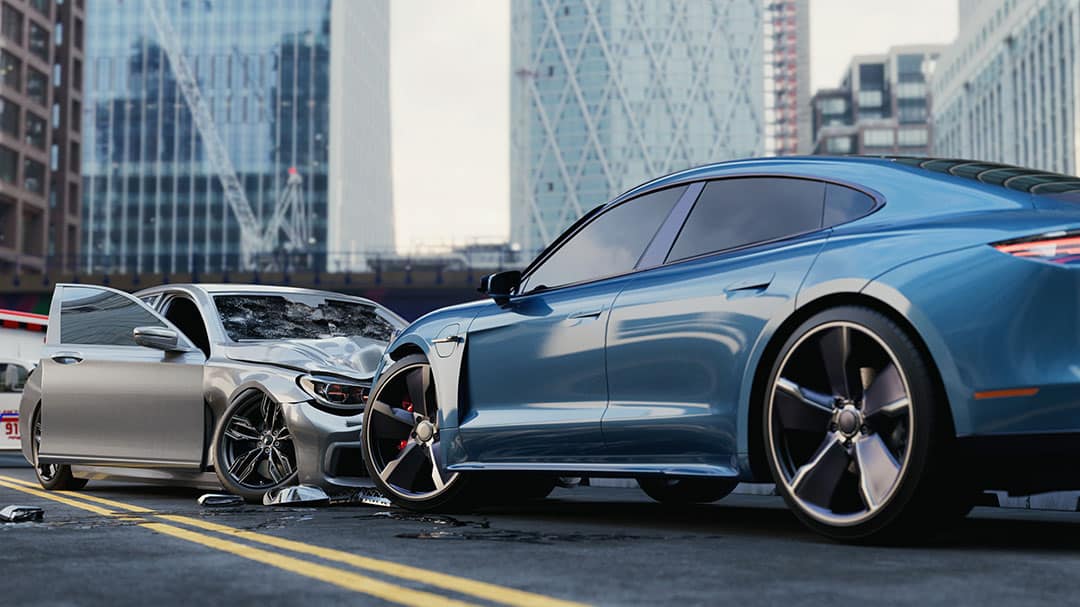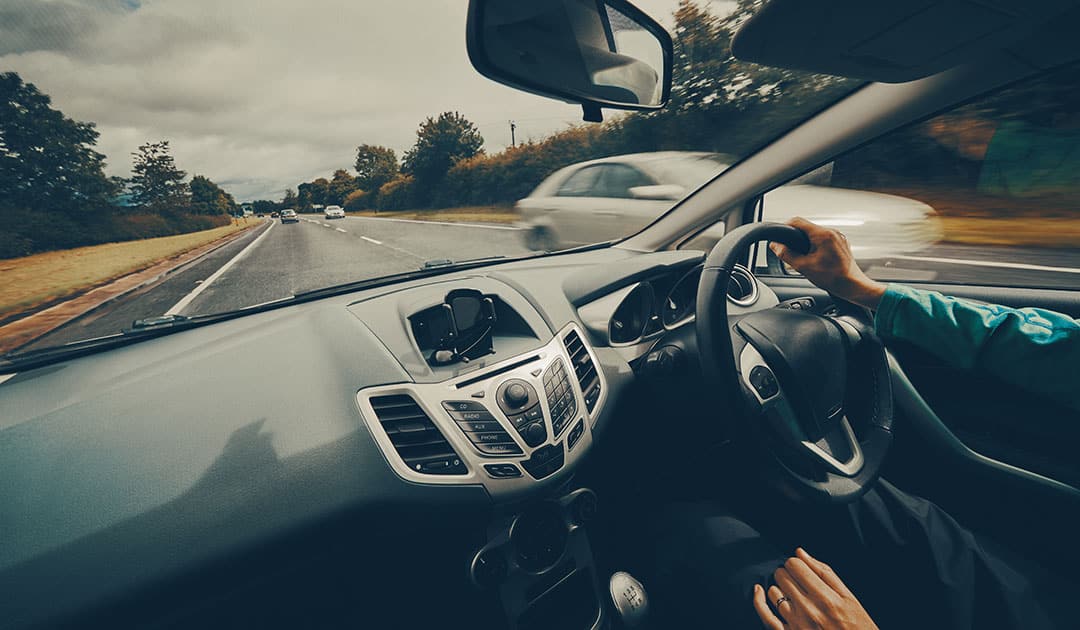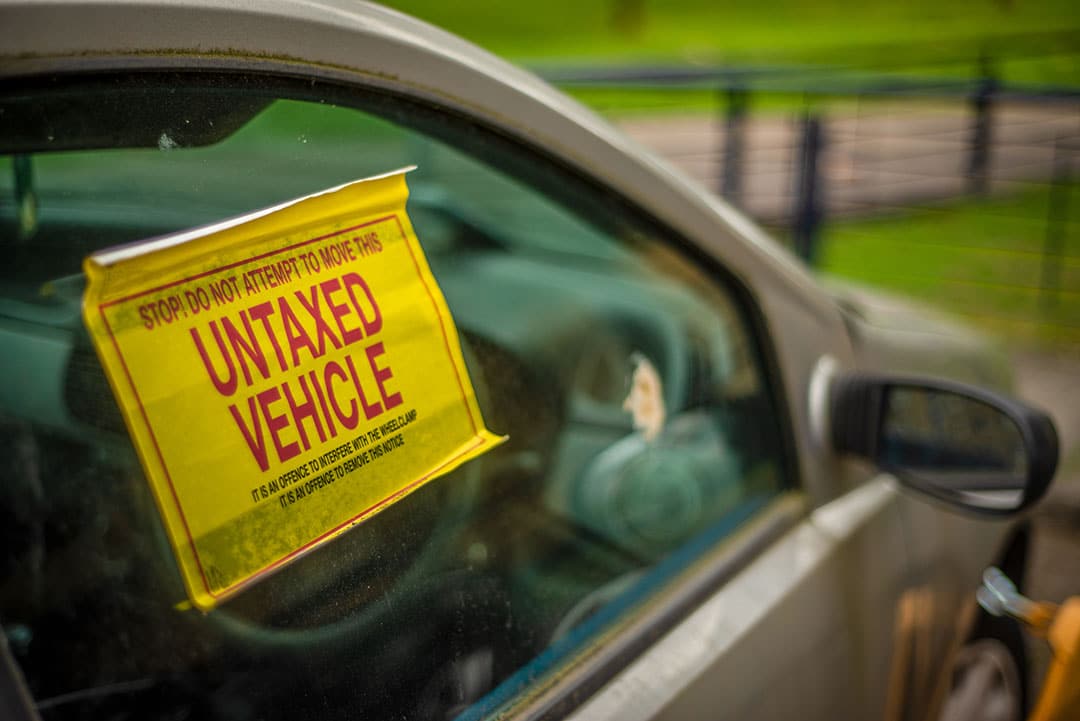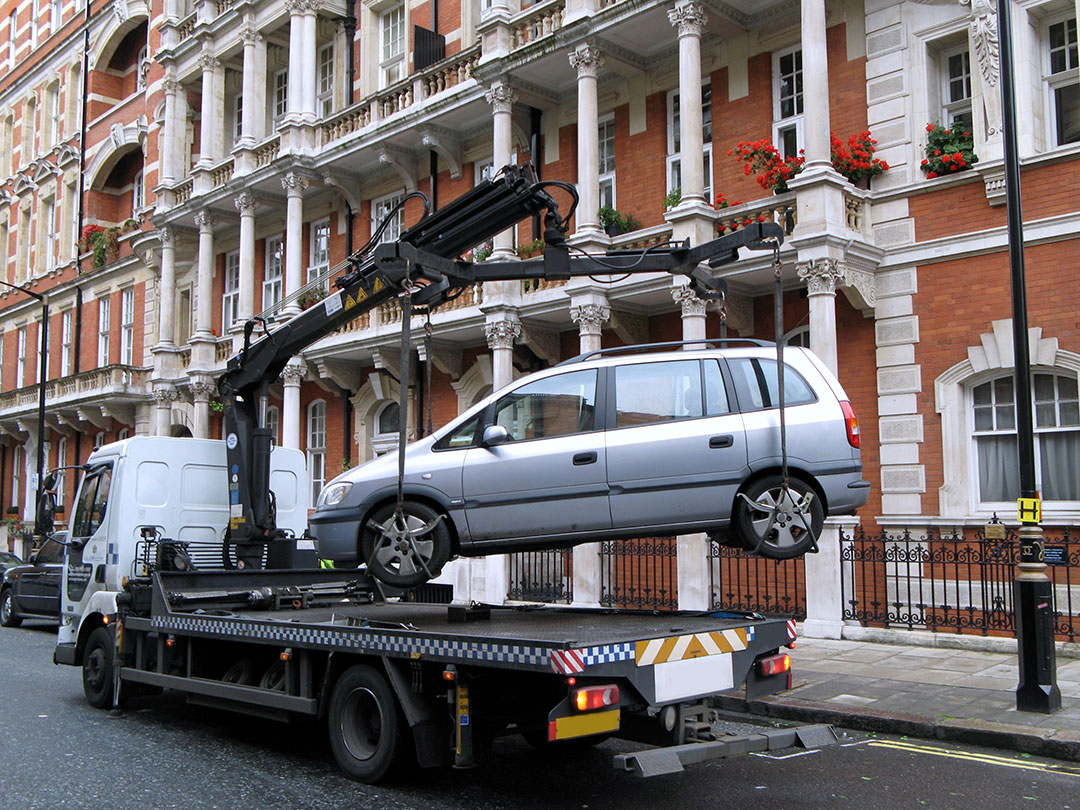
Car Insurance
Compare Car Insurance Quotes
- Compare 120+ insurers
- You could save up to £518*
- Find a great deal today

Compare insurance quotes from top UK’s leading car insurers including:
Why Compare Car Insurance Quotes at SimplyQuote.co.uk
Looking to renew your insurance policy, or getting car insurance for the first time? SimplyQuote have partnered with Quotezone.co.uk to help you find and compare the best deals.
The comprehensive quote comparison tool compares all the leading UK car insurance providers. his allows you to compare quotes side-by-side, ensuring you have a policy tailored to your needs and budget.
Via SimplyQuote your able to compare quotes from hundreds of the UK’s top insurance providers. Thanks to our strategic partnership with Quotezone.co.uk, we can help you find the best insurance deals to suit your needs – within minutes!

What Do You Need To Get Car Insurance Quotes?
Before you can start comparing quotes, you’ll need to provide the following information:
Your car details
Provide details of your car’s make and model and registration details along with the vehicle’s original price, current value, any modifications you made, and where you park your car.
Your personal details
Provide your name and surname, address, age, gender, occupation and if you have any medical conditions. The quote form also requires details on your type of driving licence you have and the information of any additional drivers who’ll use the car.
Your driving history and experience
Your claim history, when and how you use your car (for example, domestic or business use), past driving offences or convictions and your car’s mileage.
What Does Car Insurance Cover?
Car insurance covers expenses if your car is stolen, vandalised, or has caused damage to other vehicles.
It may also pay out if you’re involved in an accident or if your car catches on fire.
What is covered by your car insurance will depend on your policy and insurance provider. That is why it is so important to compare car insurance providers and policies, ensuring you get the right coverage that meets your needs.
The cheapest car insurance is not always the best option, as it might offer inadequate cover, failing you in your time of need.

What are the different levels of car insurance?
Car insurance cover falls within these three main categories:
Comprehensive
Fully comprehensive car insurance will provide you with the most extensive cover (and not always at the highest prices!).
It covers damage to your vehicle and other cars involved in the accident. This applies regardless of who caused the accident. It will also cover injury-related costs for anyone else involved (like pedestrians).
You may have to pay a mandatory and voluntary insurance excess, but comprehensive car insurance will cover:
- Damage to your own car (including scratches and chips)
- Damage to third-party vehicles or property
- Injuries sustained by yourself or your passengers
- Fire damage
- Theft
- Intentional damage or vandalism
- Windscreen cover
Third-party, fire, and theft
This offers basic third-party protection, along with extra cover in case your motorcar is stolen or catches on fire.
This policy will cover the cost of repairing the damage to the other driver’s vehicle but doesn’t cover damage to your own car or injuries sustained by you.
Key features of third-party, fire and theft insurance include:
- Theft car insurance
- Fire damage
- Damage to the other driver’s car
This type of car insurance is perfect for you if you’re looking for affordable, standard vehicle insurance with some added protection. Despite less coverage, it’s not always cheaper than comprehensive car insurance. That’s why comparing insurance costs at SimplyQuote.co.uk is essential.
Third-party-only
Third-party-only insurance is the minimum level of cover required by UK law. Although it’s the most affordable, it also offers the least amount of financial security.
This insurance will only pay out when you’re involved in an accident to cover the damage to the other car or injury to the other driver.
Note that this type of insurance won’t cover any damage to your own car if you caused the accident.
What Are the Different Types of Car Insurance?
Motor insurance covers different types of drivers and situations – there’s never a one-size-fits-all solution. The type of car insurance that best suits you will depend on your needs, driving behaviour, and lifestyle.
You can explore and compare several cover options to make sure you get the right protection tailored to your requirements.
Young and inexperienced drivers
Young and inexperienced drivers pose a unique challenge to insurance companies since they’re considered higher risk due to limited driving experience.
Young driver insurance caters to new, inexperienced drivers who just got their driver’s license.
This type of insurance is the most expensive, as drivers with little experience are riskier to insure as their chances of causing an accident are higher.
Young drivers should also consider taking out telematics (or “usage-based”) insurance. This tailors your insurance rate to your driving habits. If you can drive well, your premiums will be lower.
Learner drivers
Policyholders who want to add a learner driver to their policy will have to undergo a costly, tedious process, and their no-claims bonus will be affected.
Thankfully, learner driver insurance is a simple, cost-effective alternative.
It’s a short-term policy that covers learner drivers while they’re busy practising driving before getting their licence.
You can take out a policy from as little as 2 hours to 90 days. It extends to learner drivers who are driving their own or someone else’s motor.
Temporary learner driver insurance is only valid if the learner driver is accompanied by a fully licenced UK driver. The learner driver’s insurance becomes invalid once the driving test is passed.
Over 50’s
Older drivers have a lot of driving experience, which is why most car insurance providers will offer lower rates to drivers over 50.
With years of experience comes less risk-taking, slower driving speeds, and extra precautions – an insurance provider’s dream!
Costs can be even further reduced by tailoring the coverage, such as limiting annual mileage or restricting driving hours.
Multiple cars
Multi-car insurance provides cover to several vehicles registered at the same address. The policyholder will usually pay less for each additional vehicle added to the policy.
Households with multiple cars registered at the same address should compare multi-car insurance options (including fleet insurance) to make sure they find the best deals.
Business use
A standard car insurance policy will not cover your car when you use it for work. You can still drive your car to work with standard insurance, however, once your vehicle is used for work (e.g. deliveries) you will need a special business use policy.
Disabled drivers
Coverage for a driver with a disability or health issues, driving a vehicle adapted to their needs.
Convicted drivers
Having points on your licence is never a good thing, but convicted driver insurance will cover you where standard policies won’t.
Black box insurance
Black box insurance is also called telematics insurance. Your insurance provider will give you a black box which will be installed in your car and used to track your driving habits. The insurance company will be able to remotely view the data, including your mileage, driving speed and location.
Based on the data, they will calculate a premium.
Temporary car insurance
Short-term, or temporary car insurance is a flexible insurance policy that covers a vehicle for a short period, usually from just a few hours to a couple of months.
If you’re borrowing or renting a car, or in between insurance policies, then it’s a convenient and cost-effective solution.
Electric car insurance
This insurance specifically covers electric vehicles, as these cars have unique risks, like battery damage or specialised repair requirements and difficulty sourcing parts.
Electric car premiums are often higher than traditional vehicles because of the higher value of these eco-friendly cars.
Looking for a great car insurance deal? Get your quote today!
Get Quotes
Which Car Insurance Add-Ons Can I Get?
Personal accident cover
Personal accident cover provides protection for you and your passengers if anyone sustains a serious injury or dies in a car accident involving your car. It will also provide financial aid if anyone in your vehicle can’t work due to an accident.
Note that this add-on doesn’t cover everyday accidents, only injuries or deaths caused by car accidents.
Breakdown cover
Breakdown cover is an extremely useful add-on to any car insurance policy. It can be a real lifesaver if your car unexpectedly breaks down. Whether it’s a faulty engine or a flat tire, breakdown cover will be well worth the investment.
It usually covers:
- Roadside assistance: If you’re dealing with a minor issue and your car can be fixed on the spot, a technician will be dispatched and get you back on the road.
- Home start: A mechanic will be sent to your home to fix the problem without having to tow your car to the shop.
- National recovery: Your car will be towed to a repair shop, anywhere in the country.
- Onward journey: While your car is getting fixed, you’ll be provided with onward transportation (like a taxi or rental car) so you can continue your journey.
- European recovery: Your cover is extended to other European countries so that you’re covered even while abroad.
What is included in your breakdown cover will depend on the insurance provider, which is why it’s so important to not only compare policies with SimplyQuote but also closely read the terms and conditions.
Motor legal protection
Motor legal protection will cover any legal expenses you incur when someone takes legal action against you because of you causing an accident. Some policies do provide legal protection, but if not, it is a worthwhile add-on to consider.
You can recoup uninsured losses (like medical or travel expenses) and out-of-pocket expenses (like car hire) which won’t be covered by your standard car insurance policy.
It may even cover additional expenses like paying for car hire or making calls to insurance companies.
This add-on can provide you with up to £100,000 additional cover for legal fees or uninsured losses.
Courtesy car
When you have courtesy car cover, the insurance company will provide you with a “loan” car while your car is getting repaired. This is usually included with most comprehensive car insurance policies.
If you don’t have a backup car or a family car at your disposal or you live in an area without public transportation, then it’s worth considering getting this add-on.
Windscreen cover
Repairing a smashed or cracked windscreen can be very expensive, and this add-on will cover that cost.
No-claims discount cover
If you’ve got a nice no-claims bonus over the years, and you get in an accident, you’ll lose that discount. But, with this cover, your discount will be protected, despite making a claim.
Car keys cover
This add-on will cover the cost of replacing your car keys, whether they’re lost, stolen or damaged.
Wrong fuel cover
Putting the wrong fuel in your car can damage the engine. With this insurance policy add-on, the costs of repairing your car due to using the wrong fuel is covered. In some instances it may also cover a portion of the fuel cost.
What Types Of Cars Can Be Insured?
The types of cars that can be insured will depend on the insurance company and the policy.
There are lots of different types of insurance available for different vehicle types, including:
- Classic cars
- Sports cars
- Modified cars
- Imported cars
Most insurance providers offer special insurance policies designed to meet motorists’ specific needs. Some examples of specialist cover include:
- Multi-car insurance: Covers multiple vehicles registered at the same address.
- Classic car insurance: Specialised insurance tailored to suit the specific needs of vintage vehicles.
- Taxi insurance: Insurance tailored specifically to taxis.
- Temporary car insurance: Short-term cover, typically limited to 28 days.
- Test-driving insurance: Provides protection for drivers’ test-driving vehicles.

How Can You Get Cheaper Car Insurance
Consider these strategies to help reduce the cost of your car insurance, while still getting adequate cover:
Compare quotes
Car insurance customers should always compare quotes. This includes looking at different policies and different insurance providers. You shouldn’t settle for the cheapest quote, either.
You need to balance your needs with what is included in the cover.
SimplyQuote simplifies the process of comparing car insurance quotes by providing access to a comparison service that handles the hard work for you.
Pay annually
Most insurers will provide discounts if you pay your premium annually instead of monthly. Yes, it will require a bigger upfront payment, but it translates into savings for the year.
Drive less
Reducing your mileage means you’re less of a risk for the insurer. You can reduce your mileage by taking public transportation, carpooling, or optimising your errands so you only make one trip.
The less you drive, the lower your premiums will be.
Improve car security
By taking steps to deter theft, you can reduce your car insurance costs. Installing an alarm and immobiliser is a good place to start. Additional security features to consider include central locking, deadlocks and a tracking device. The more secure your car is, the less of a risk you are to the insurance company, and the lower your premiums.
Change your car
If you don’t want to pay a lot for car insurance, you might have to consider your car’s insurance group. Smaller cars with less power are cheaper to insure than luxury or sports vehicles. You can browse a wide range of insurance-friendly used cars on heycar to help find something that fits your budget.
Use a black box
Black box or telematics insurance uses a device to track your driving habits. If you drive safely (like stopping dead at stop signs and not speeding), you could see a reduction in car insurance costs.
*51% of consumers could save £518.14 on their Car Insurance. The saving was calculated by comparing the cheapest price found with the average of the next four cheapest prices quoted by insurance providers on Seopa Ltd’s insurance comparison website. This is based on representative cost savings from June 2025 data. The savings you could achieve are
dependent on your individual circumstances and how you selected your current insurance
supplier.
How Much Does Car Insurance Cost?
According to Quotezone, the average UK car insurance premium in June 2025 was approximately £664–£666, based on over 100,000 quotes—representing a drop from around £806 in Q2 2024.
Here are some average insurance costs for different age groups, across all different types of vehicle insurance policies:
| Age Group | Average Annual Cost (£) | Average Monthly Cost (£) |
|---|---|---|
| 18-24 | £1,251.00 | £104.25 |
| 25-34 | £890.00 | £74.17 |
| 35-44 | £745.00 | £62.08 |
| 45-65 | £489.13 | £40.76 |
| 65+ | £423.13 | £35.28 |


Car insurance prices are finally starting to drop—but young drivers may still face higher premiums. Shopping around remains key to finding the best deal.

Chris Richards , Car Insurance Expert
Which factors affect car insurance costs?
Car insurance prices will depend on several factors:
- The car’s insurance group:
- Vehicle type: Sports cars or high-performance cars will be more expensive to insure than smaller, economical cars.
- Vehicle age: New, expensive models will have higher premiums than older cars due to their higher repair or replacement costs.
- Security features: Alarms, immobilisers, central locking and tracking devices will all reduce your premium.
- Vehicle mileage: Cars with higher mileage are at a greater risk of breaking down, costing more to insure.
- Driver’s age: Younger drivers have a statistically higher risk of causing an accident, leading to higher premiums. Older drivers with more driving experience will enjoy cheaper car insurance.
According to Statistica, 20-year-olds in the UK paid £850 while someone in their 30s paid £639. Those over the age of 65 paid just £461. Clearly, the older you are, and the more driving experience you have, the lower your insurance premium. - Driving history: A clean driving history (with no accidents or claims) will result in lower insurance costs. If you have a high claims history or lots of driving violations, you’re stuck with higher premiums.
- Voluntary excess: This is how much you’re willing to pay upfront if you make a claim. A higher voluntary excess payment will reduce your insurance premium – but you’ll have to pay more out of pocket when it’s time to make a claim.
- Location: Where you live in the UK will impact your premium. If you live in an area with a high crime rate or near intersections where accidents are common, you’ll pay more for car insurance.
- Additional drivers: Adding additional drivers to your policy (especially if they’re young) will increase your premium.
Insurance companies will take all these factors into consideration when providing you with a quote.
But, what this all means is that it can be really challenging to find cheap car insurance quotes. Interestingly, in most cases, a comprehensive car insurance policy is the most affordable. It might seem contradictory, but insurers noticed that inexperienced drivers made a lot of claims on third-party-only policies because it used to be the cheapest option.
Frequently Asked Questions
Car insurance is a legal requirement in the UK and you’re not allowed to drive without it. It offers you protection in the event of an accident, and can also cover personal injury.
Car insurance typically includes policies for third-party, fire, and theft, as well as comprehensive car insurance. It ensures that you, your car, and your passengers have financial security.
Your car insurance policy will give you financial protection should you be in an accident or have your car stolen. If you have a roadworthy car in the UK, you are legally required to have car insurance. If you drive without car insurance, you’ll get a fine of about £300, lose a minimum of 6 points on your license, or be temporarily disqualified from driving.
The quotation tool will help you calculate how much your car is worth using its make, model, age and mileage. You can also use online tools to help you with a valuation.
Insurers base your risk on your job title. If your job is considered high-risk, your premiums might be higher. If you’re scared your job title will negatively affect your premium, don’t lie about it. If caught in a lie, your cover might be invalidated.
Group 1 is the most affordable car group to insure. This includes small, lightweight cars like the Fiat Panda and Ford Ka. The most expensive group is Group 50, which includes vehicles like the Audi A4 RS4, BMW iX SUV and Lotus Exige.
Note that insurance premiums are not just determined by the group; the insurer will also consider other factors.
Related Read: Which car insurance group is the cheapest in the UK?
The top car insurance companies in the UK include:
- Direct Line
- NFU Mutual
- Saga
- By Miles
- CSIS (Civil Service Insurance Society)
- Veygo
Just because many customers feel they offer the best policies or customer service does not mean they’ll be the right fit for you. That’s why you need to use a car insurance comparison service.
Your insurance premium is determined by how much of a risk you are deemed by the insurance provider. Your age, address, and the car you drive are all considered. If you are considered a risky driver, have had a lot of insurance claims, or live in a high-crime area, your insurance cost is likely to be higher.
Car Insurance Guides
















